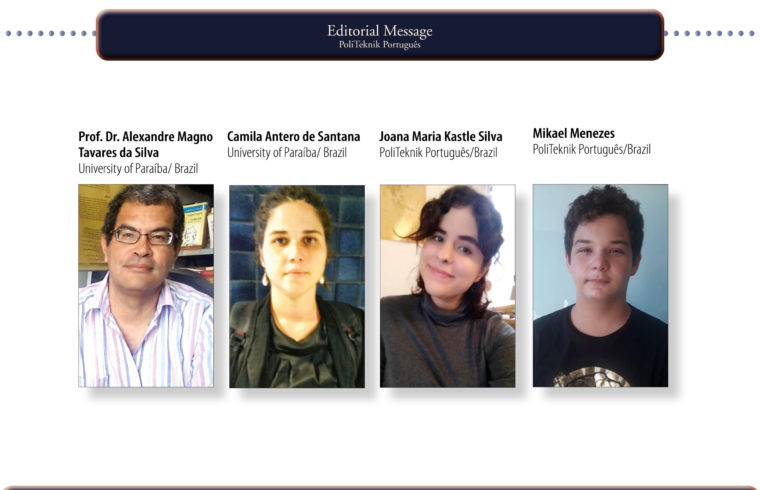Sharing knowings and rehearsing alternatives: for an intercultural dialogue in defense of Human Right to Educationas a practice of freedom
In the 27th of October of 2018, we’ve been joined together at University of Koblenz, in Germany, in order to share knowings and rehearse alternatives in the field of extending Human Right to Education. In this meeting, marked by a will of collective work, we have debated about challenges, perspectives and possibilities to overcome situations that hamper the access of children, young, adults and the elderly to scholar education.
One of the results of this meeting was the organization of forms to establish an intercultural dialogue with the present countries on the meeting. By this way, fellows from Brazil, India and Chile have assumed the engagement of organizing local versions of PoliTeknik Journal. So, we are going to have soon, in 2019, a new possibility for sharing knowings and rehearsing alternatives in Portuguese, Spanish and English.
Therefore, we invite comrades from countries that have Portuguese as a national language, such as Brazil, Mozambique, Angola, Portugal, Guinea Bissau, East Timor, Equatorial Guinea, Macao, Cape Verde and Sao Tome and Principe to share their local experiences about the Human Right to Education. The contribution can be in form of interviews, experience reports, articles, etc.
Teachers from public schools can participate and also students from schools and universities, university professors and those ones who act with social and community movements, whom, with their experiences, are collaborating in the sense that actually is possible to build a fraternal society, with justice, with freedom, with participation, creativity and criticality.
Our countries of Portuguese language have a historical trajectory several times characterized by challenges in political, economic, scientific, cultural and educational fields. Many themes have been discussed in plenty institutional spaces like congresses, seminars, scientific exchanges, etc. Each one of these spaces have contributed significantly for an intercultural dialogue between Portuguese speaking countries.
However, we think one of the main characteristics of our Portuguese speaking countries is the cultural experience of resistance, built in years of colonialism and dictatorships. Several educative experiences have been performed within the movement of people inside society.
Without this dialogue, we think that it’s impossible an effective access and permanence of children, young, adults and the elderly in scholar space. And yet, without this dialogue, it’s impossible that inside schools and universities will be present knowings and experiences of all and that school and university will be actual spaces for sharing knowings and rehearsing alternatives on extending the Human Right to Education.
This sharing of knowings can support that community experiences (like women groups, popular culture groups, social-community projects) see school as a place to advance in the fight for education, health, welfare, transport, habitation, nourishment, the environment, etc.
In the other hand, the dialogue of these groups with school enhances the knowings and skills of these groups in the sense that inside and behind social practices there’s an educative process being built up and this must be respected and admitted by educational institutions.
For all that, we’d like to invite teachers, children, young, adults and old-aged, from Brazil, Mozambique, Angola, Portugal, Guinea Bissau, East Timor, Equatorial Guinea, Macao, Cape Verde, Sao Tome and Principe to share knowings and experiences about the Human Right to Education and, specially, share and rehearse means of learning life itself.
We’d be very cheerful with your contributions in form of article, experience reports, interviews, and others to PoliTeknik Journal in Portuguese Language.
Best regards,










